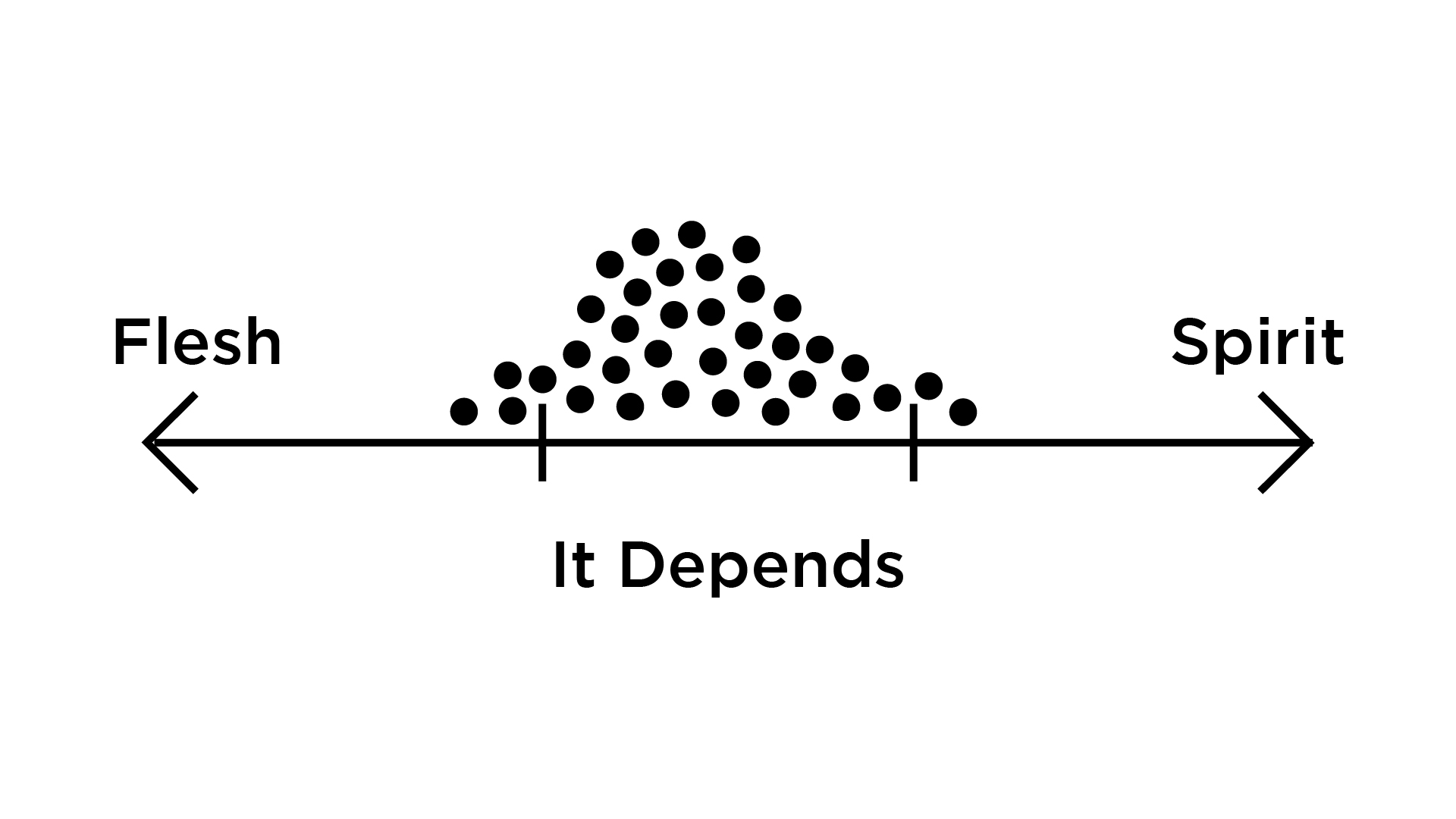Throughout our “Personal Liturgy” series, we’re interviewing members of our church family
to hear how they are impacted by and actively fighting against the “joy killers” in their lives. This week we sat down with Vision and Teaching Pastor Adam Gibson as he shared with us how the gospel motivates him to repent against the natural drift toward apathy.
How does apathy show up in your life?
I see apathy the most when the day is almost over and I am tired. My work day is full of thinking, reading and talking to people and my kids are young, loud and tiring. So once the kids are in bed, on most days I am exhausted. That's the place where I feel my indifference the most. At that point, I don't want to talk to anyone or have to think about anything at all. I just want to lie on the couch and turn my brain off.
How has your understanding of the gospel specifically impacted how you deal with apathy?
I love Jesus’ word for people stuck in apathy in Revelation 3. He describes them as being "lukewarm", neither hot nor cold. Then says: Those whom I love, I reprove and discipline, so be zealous and repent.
Apathy often feels unavoidable to me. When I don't care, I don't care. And there is nothing I can do about it. Even if there was something I could do about it, I don't care enough to actually do it. But the truth is, Jesus has redeemed me, given me His spirit, and promised that I now have all that need for life and godliness (2 Peter 1:3). Because of this, I am able to "be zealous and repent" when I otherwise would've been stuck in my apathy. In other words, because of what Jesus has done for me, I am never a helpless victim of my own apathy. There is always something I can do about it. And in moving towards God and being honest with Him through prayer, I usually find my apathy lifting.
What are practical steps or habits you practice to fight apathy in your life?
Planning ahead helps with my evenings. If I can decide in advance that my evening, once the kids are in bed, will be spent on something productive, I am usually less inclined to feel like it's killing me to do anything other than lay on the couch. The problem seems to come when I have already attempted to "shut it down" for the night. From that point forward I perceive everything as a nuisance that prevents me from being able to shut off my mind.
Where have you seen personal growth or victory in this area?
Prayer has always been an apathy killer for me. I find that talking to God about the things going on in my life helps me to have the appropriate amount of concern, neither worrying nor being apathetically indifferent.











